Navigating the Complex Landscape of Medication Management
Medication management constitutes a multifaceted terrain within the realm of healthcare, characterized by its intricate web of considerations and responsibilities. At its core, this process involves the systematic administration, monitoring, and adjustment of medications to optimize therapeutic outcomes for patients. However, navigating this complex landscape requires a delicate balance between various factors, including patient needs, healthcare provider expertise, technological advancements, and regulatory frameworks. One of the fundamental challenges in medication management lies in tailoring treatments to individual patients. Each person’s physiology and health profile are unique, demanding a personalized approach to drug regimens. Healthcare providers must consider not only the specific ailment but also factors such as age, gender, genetics, and comorbidities. This customization aims to enhance efficacy while minimizing adverse effects, promoting patient adherence, and ensuring overall safety. As our understanding of genetics and pharmacogenomics advances, the potential for precision medicine in medication management becomes increasingly apparent, enabling treatments that are finely tuned to an individual’s genetic makeup.
Furthermore, the landscape of medication management is evolving with the integration of technology and try here for some interesting facts https://lakeviewmentalhealth.com/ketamine/. Electronic Health Records EHRs play a pivotal role in this transformation, allowing healthcare providers to access a comprehensive overview of a patient’s medical history, including current medications, allergies, and previous adverse reactions. Electronic prescribing systems streamline the prescription process, reducing the likelihood of errors and enhancing communication between healthcare providers and pharmacies. The advent of mobile health applications further empowers patients to actively participate in their medication management by providing reminders, educational resources, and tracking functionalities. Despite these advancements, challenges persist in ensuring the safe and effective use of medications. Medication reconciliation, the process of creating a complete and accurate list of a patient’s medications, remains a critical aspect of medication management. Discrepancies in medication lists can lead to prescribing errors, adverse reactions, or treatment inefficacies. As patients transition between different healthcare settings, effective communication and collaboration among providers become essential to maintain continuity of care.
In addition to these clinical considerations, medication management is intricately tied to regulatory frameworks and healthcare policies. Stringent guidelines govern the approval, marketing, and monitoring of medications, with regulatory agencies playing a crucial role in ensuring the safety and efficacy of pharmaceuticals. The ongoing surveillance of adverse drug reactions and continuous reassessment of medications’ risk-benefit profiles contribute to refining and updating guidelines over time. Navigating the complex landscape of medication management requires a comprehensive and multidimensional approach. From tailoring treatments to individual patients and leveraging technological advancements to addressing regulatory considerations, healthcare providers must navigate this intricate terrain with precision and diligence. As the field continues to evolve, the integration of personalized medicine, advanced technologies, and collaborative healthcare practices will shape the future of medication management, aiming to optimize patient outcomes while minimizing risks.
